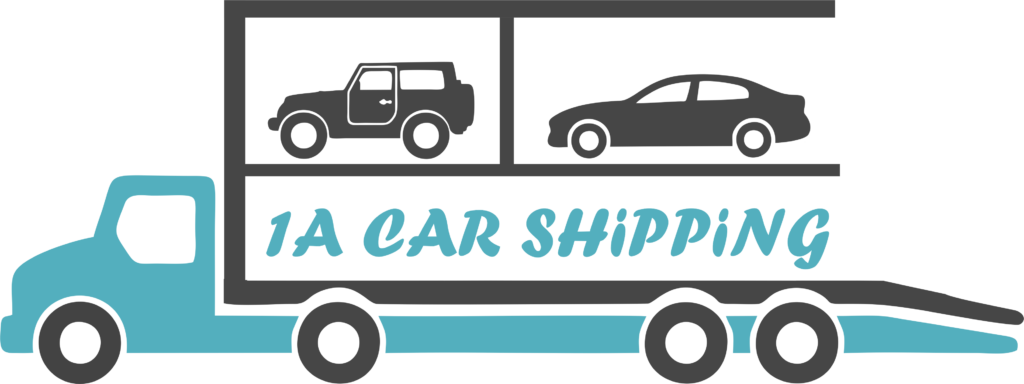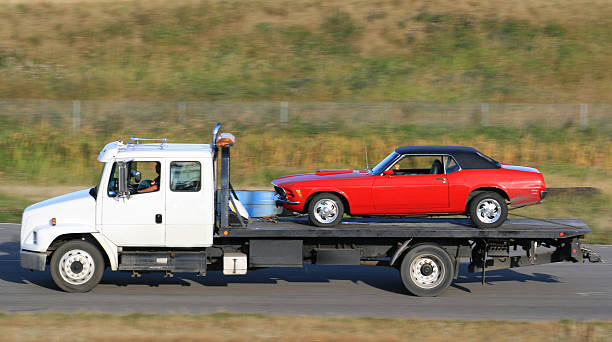Having your luxury car shipped from one location to another requires careful planning and oversight to ensure everything goes smoothly. While auto transport companies can handle the logistics, as the vehicle owner you’ll want to take an active role in the process. Asking the right questions upfront will help set appropriate expectations and minimize potential issues down the road. In this article, we’ll discuss 7 key questions you should have answers to before signing off on having your luxury ride transported by a carrier service.
1. What is the transport method?
Transport companies will use one of two primary methods – enclosed or open transport. Enclosed, such as in an enclosed car hauler truck, provides full protection from weather elements but costs more. Open transport involves strapping your car to an open carrier trailer exposed to elements. While cheaper, it leaves your luxury vehicle more vulnerable to things like debris, scratches from metal dripline, and potential damage in inclement weather. Get clarity on the planned method before agreeing.
2. What insurance/liability policies are in place?
Damage or loss of a luxury vehicle during transport can easily run into the tens of thousands of dollars to repair or replace. It’s critical the transport company has adequate insurance in place like cargo insurance to cover such risks. Inquire about their specific policies – from policy limits and deductibles to what types of incidents are covered. You’ll also want confirmation on who is liable if damage occurs while in their custody. Reputable firms will clearly outline these important policy details upfront.
3. How will the vehicle be prepared?
Proper prep work is key to protecting a luxury car during transport, especially an open carrier method. Ask what their procedures include – like wrapping the exterior in protective film, securing/wrapping parts like mirrors and door handles, use of impact padding inside. Higher-end services may disassemble or crate components like rear spoilers for added safety. Know exactly how they’ll prepare your prized ride before handing over the keys.
4. What is the planned route and estimated timeline?
Request a planned route map showing stop locations along with estimated drive times between points. Longer routes requiring multiple stops or transfers increase risk of delays. You’ll also want estimated arrival dates for planning purposes at the destination. Be wary of transporters who can’t provide specific route/timeline details or make overly optimistic estimates.
5. How will the vehicle be stored during transfers?
If multiple vehicles stops or transfers are involved, how and where will your car be stored in between? Reputable carriers have secured indoor lots or garages at major stops while cheaper operations may leave vehicles exposed outdoors for periods. Indoor, locked and monitored facilities offer best peace of mind for high-end vehicles during transfers.
6. What is the driver/handler vetting process?
Drivers represent one of the greatest human risks since they’re responsible for your vehicle during transport. Confirm carriers conduct thorough background/driving record checks on employees as well as safety training programs. Additional questions around driver work hours, overnight storage procedures can provide more reassurance. Well-managed operations rigorously screen drivers handling clients’ valuable automobiles.
7. What recourse is available if issues arise?
Even the best transport firms can sometimes encounter unforeseen delays or vehicle issues. Understand the carrier’s process for handling problems – do they have local representatives available for assistance, what are claim timelines if damage occurs, and dispute resolution procedures. Look for transparent communication standards and willingness to work through bumps that may occur. Reputable outfits stand firmly behind their work.
Concluding Thoughts
Shipping a luxury vehicle cross-country understandably creates concerns about potential risks. While issues are actually rare with reputable transporters, taking the time upfront to ask the right questions provides ownership of the process. Being an informed client sets the stage for timely, damage-free delivery of your high-end investment when turned over to a auto carrier’s care. Thorough vetting on the front-end gives greater peace of mind throughout the transport experience.

